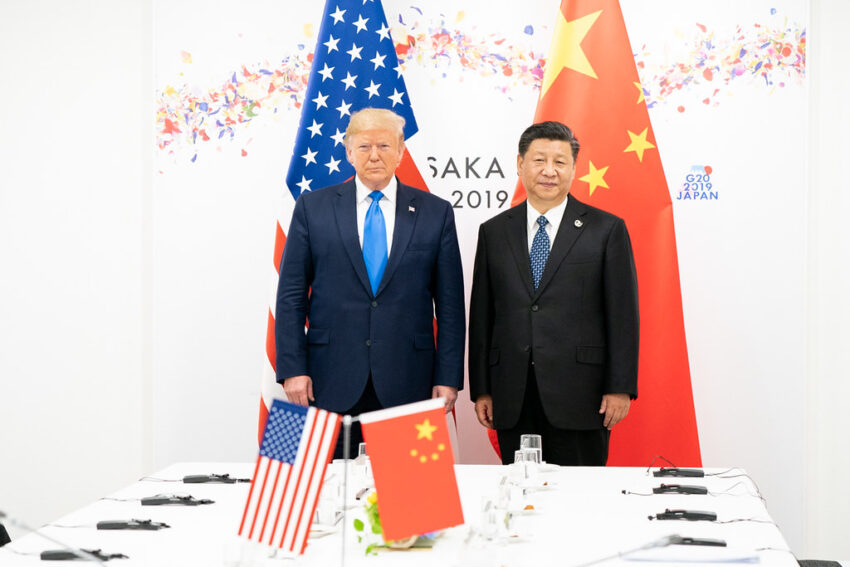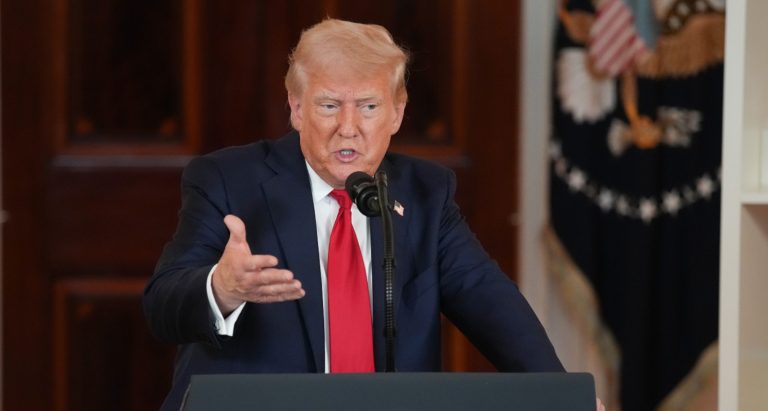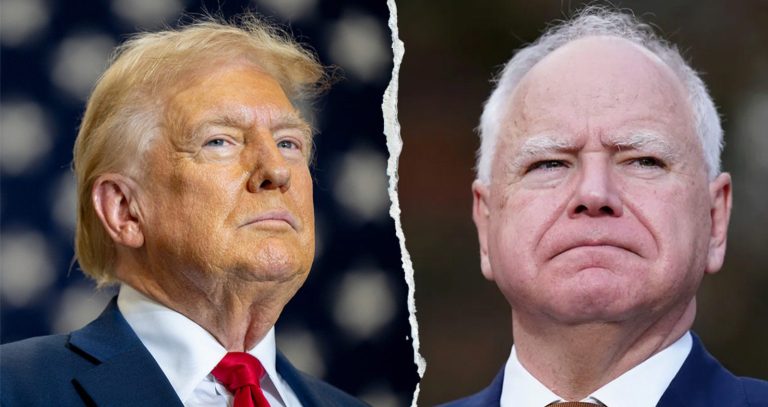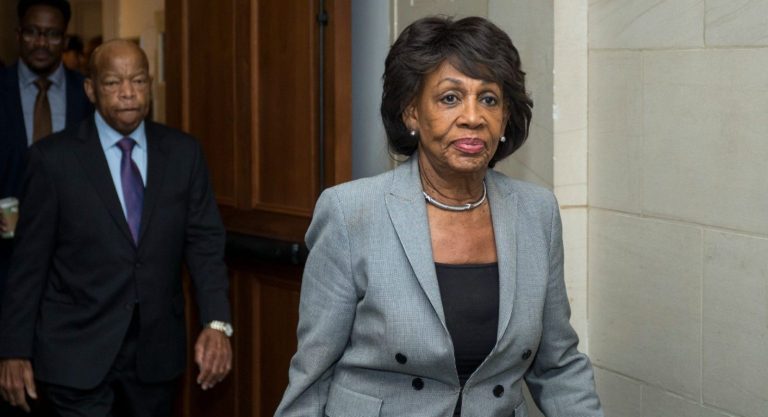
China on Tuesday waived a 125 percent tariff on ethane imports from the United States in a major trade war concession, according to a report from Reuters.
China had initially imposed the tariff as part of its retaliation against President Donald Trump’s tariff strategy, which has largely focused on China. While Trump issued a 90-day pause on most tariffs levied against other trading partners and replaced them with baseline 10 percent duties to allow time for negotiations, tariffs on Chinese goods not only remained, but increased to 125 percent.
The Trump Administration believes Beijing’s decision to wave the ethane tariff is a step in the right direction and suggests that China’s communist government will soon come to the negotiating table.
As of this report, China is responsible for purchasing nearly half of America’s ethane exports each year, according to the U.S. Energy Information Administration. Major Chinese companies that rely on America’s ethane exports include Satellite Chemical, SP Chemicals, Sinopec, Sanjiang Fine Chemical and Wanhua Chemical Group, while the key U.S. exporters are Enterprise Products Partners and Energy Transfer, Fox Business reported.
Ethane joins a growing list of exports China has granted tariff exemptions for as the trade war with Washington D.C. plays out. Just last week, the Chinese government granted exemptions for pharmaceuticals, microchips and aircraft engines, while Chinese firms have been asked to identify critical exports that should remain tariff-free.
When reacting to news of the latest exemption, U.S. Treasury Secretary Scott Bessent hailed it as an indicator of success for the president’s tariff strategy and insisted that China will soon come to the negotiating table. While speaking from the White House on Tuesday morning, Bessent emphasized that an ongoing trade war will cost millions of Chinese jobs if the CCP does not change course.
“I think that over time we will see that the Chinese tariffs are unsustainable for China,” Bessent told reporters. “I’ve seen some very large numbers over the past few days that show if these numbers stay on, Chinese could lose 10 million jobs very quickly. And even if there is a drop in the tariffs that they could lose 5 million jobs.”
“So remember that we are the deficit country,” Bessent continued. “They sell almost five times more goods to us than we sell to them. So the onus will be on them to take off these tariffs. They’re unsustainable for them.”
Bessent also indicated that trade deal with India, and possibly additional major Asian trade partners, is just over the horizon. “They have been the most forthcoming in terms of doing the deals,” Bessent said. “As I mentioned, Vice President Vance was in India last week. I think that he and Modi made some very good progress. So I could see some announcements on India.”
The treasury secretary has previously expressed optimism over negotiations with South Korea and Japan and indicated that new deals could be reached within the next several weeks.




